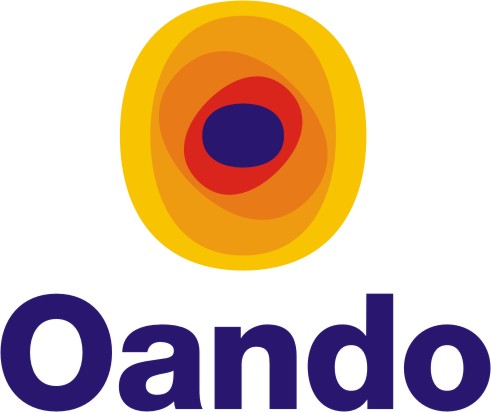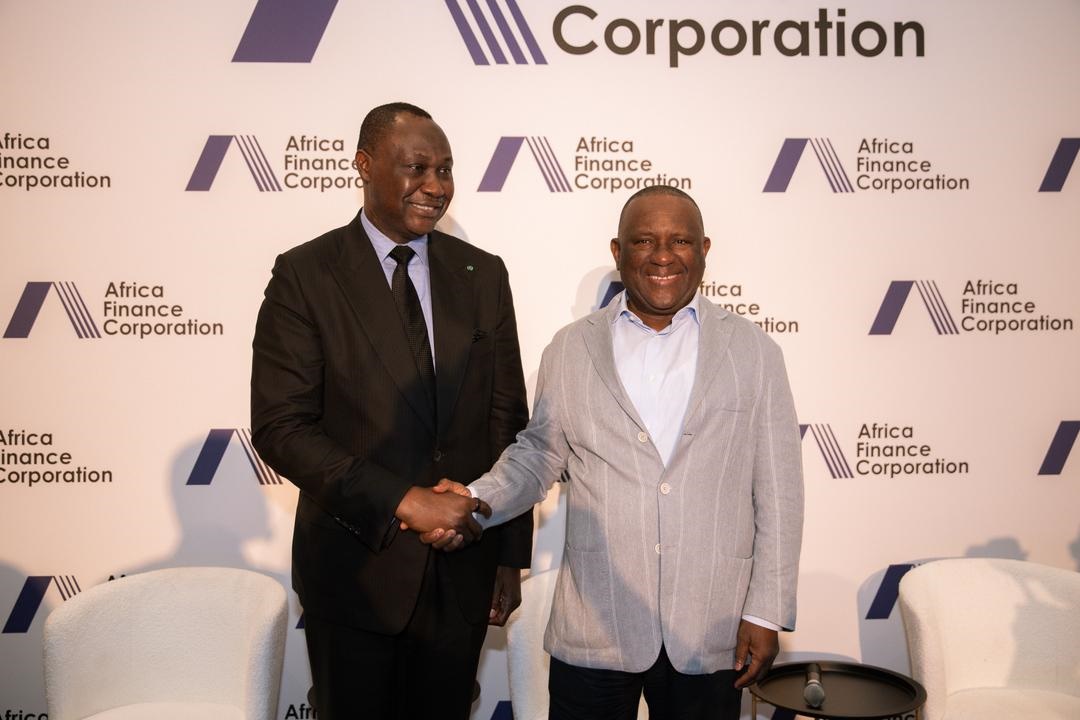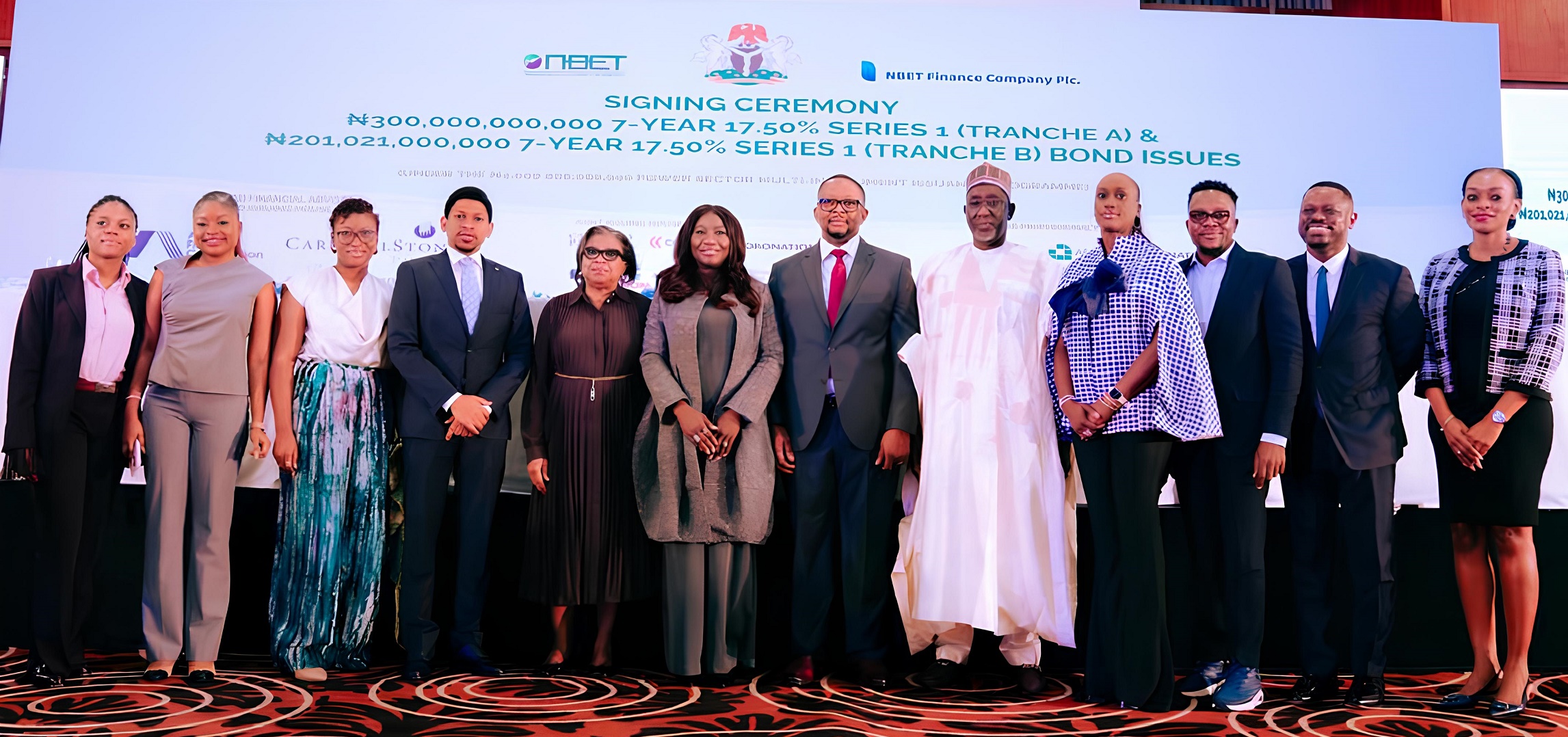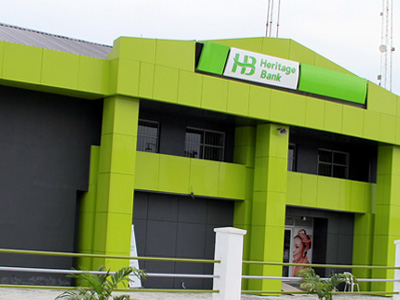
•Auditors Raise Doubt Over Going Concern Basis
Directors of integrated energy solutions provider, Oando Plc, on Friday presented its audited financials for the year ended December 31, 2018, showing that net profit grew faster than sales revenue, helped by a huge N17.609bn income tax credit, as against the N7.295bn tax expense reported in the 2017 full-year.
Another highlight of the result is the attention to material uncertainty related to the group’s going concern drawn by Ernst & Young, its external auditors, concerning total comprehensive losses for the year of N18.3bn, down from N30.6bn in prior year. The auditors also noted that its current liabilities exceeded current assets by N63bn, a significant rise from N6.8bn in 2017; just as net liabilities stood at N60.9bn, up from N10.5bn in the preceding year.
As if these were not bad enough, the group’s net current liabilities rose to N318.5bn, from N293.1bn, conditions that indicate the existence of material uncertainty “that may cast significant doubt on the company and group’s ability to continue as a going concern.”
The board did not however propose a dividend for the fifth consecutive year. The last payout was in 2013, the company paid a N3.00 dividend and distributed one bonus share for every two held by shareholders.
According to the result presented to the Nigerian Stock Exchange (NSE), revenue for the year rose by N179.042bn or 35.99% from N497.422bn in 2017, to N679.465bn, with the supply and trading business segment contributing N541.038bn, while exploration & production pooled N147.344bn. Cost of sales climbed N153.85bn or 37.58% from N409.341bn to N583.191bn. Gross profit therefore stood at N96.273bn, up by N8.192bn or 9.3% from N88.081bn in 2017.
Other operating income crashed from N46.49bn to N11.006bn, representing a drop of N35.483bn or 76.33%; reversal of assets stood at N7.178bn, as against the previous year’s N5.335bn impairment. Administrative expenses dropped slightly from N72.558bn to N70.457bn; resulting in operating profit of N44.001bn, down from N56.677bn in 2017, lifted by the N24.027bn from corporate & other segment, and N19.312bn contributed by exploration and production.
Finance costs dropped slightly to N42.706bn from N43.743bn, bulk of which was the N24.647bn from ‘corporate and other’ segment, followed by N19.312bn from E&P, being the N33.97bn cost of bank borrowings, up from N36.794bn; and the unwinding of discount on provisions amounting to N8.735bn, up from N7.949bn (including the N956m relating to OML 125 and 134 disposed). Finance income climbed marginally from N9.595bn to N10.265bn, primarily the N8.331bn interest income on finance lease, which rose from N9.959bn in 2017. It was driven by the N8.446bn from E&P and N1.819bn from ‘corporate & other’ segments; leaving net finance costs of N32.441bn, slightly down from N33.784bn.
The group’s share of loss of associates dropped from N2.129bn to N372.369m; following which profit before tax from continuing operations fell from N20.764bn to N11.188bn. The lion’s share was the N7.665bn from ‘corporate & other’, while E&P fetched N3.418bn.
In the period under review, N18.61bn of the tax credit resulted from the E&P segment, while N1bn tax expense was attributed to the ‘corporate & other’ segment.
Arising from the income tax credit, group profit after tax stood at N28.797bn, N10.491bn or 75.25% rise over the N13.469bn reported in 2017, helped by N22.028bn from E&P; and another N6.664bn from the corporate segment.
The net profit translated to Earnings Per Share of N1.97, up from N0.62 in 2017.













